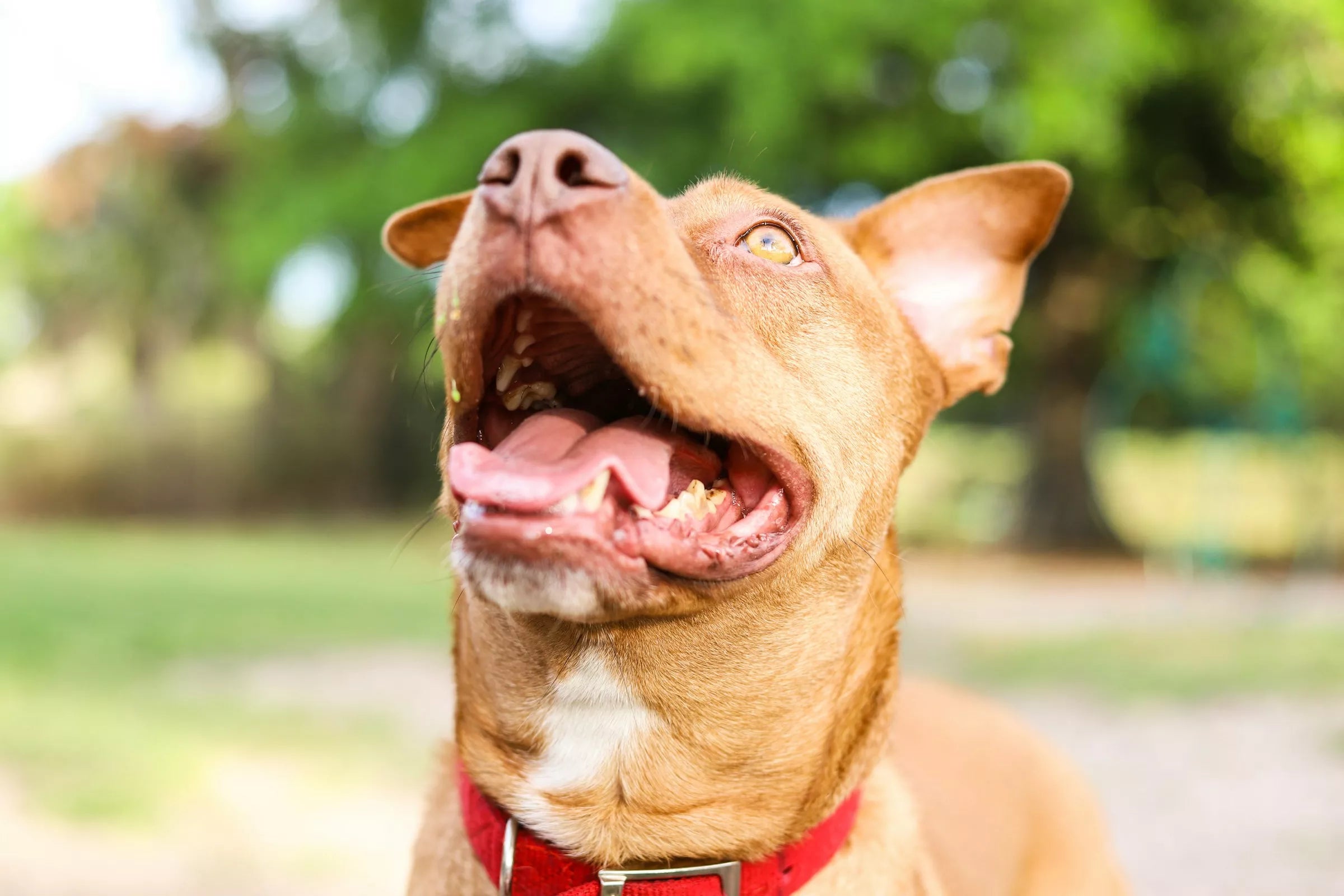Introduction
Ever found yourself in a moment of worry, wondering how to check your dog’s pulse? Knowing how to find and monitor your pup’s heartbeat can be a lifesaver in emergencies and a great way to stay on top of their health. This guide will walk you through everything you need to know—step by step, in simple terms.
Understanding a Dog’s Pulse

What Is a Pulse?
A pulse is the rhythmic beating of the heart that you can feel in certain areas of the body. It tells you how fast your dog's heart is beating and can give insights into their health.
Why Is It Important to Check a Dog’s Pulse?
-
Helps in emergencies to check if your dog’s heart is still beating.
-
Detects irregularities that might need a vet’s attention.
-
Monitors heart rate changes during exercise or illness.
Where Can You Find a Dog’s Pulse?
There are three primary spots where you can feel your dog’s pulse:
1. The Femoral Artery (Best Spot!)
-
Found inside the thigh, near where the leg meets the body.
-
Place two fingers (not your thumb) gently on this area.
-
Feel for a steady, rhythmic beat.
2. The Chest (Heartbeat Check)
-
Place your hand on the left side of your dog's chest, just behind the front leg.
-
You can feel the heart beating directly.
3. The Paw (Digital Pulse)
-
Some pulses can be felt on the paws, but this is trickier and not always reliable.
How to Check Your Dog’s Pulse Step-by-Step
Step 1: Get Your Dog Comfortable
Find a quiet place where your dog feels safe and relaxed.
Step 2: Choose the Best Spot
The femoral artery (inner thigh) is usually the easiest place to check.
Step 3: Use Two Fingers
Avoid using your thumb, as it has its own pulse.
Step 4: Count the Beats
-
Count for 15 seconds.
-
Multiply by 4 to get beats per minute (BPM).
Step 5: Compare to Normal Ranges
-
Small dogs: 100-140 BPM
-
Medium dogs: 80-120 BPM
-
Large dogs: 60-100 BPM
When to Worry About Your Dog’s Pulse

Signs of an Abnormal Pulse
-
Too slow (bradycardia) or too fast (tachycardia)
-
Irregular beats
-
Weak or difficult-to-find pulse
What Could It Mean?
-
Dehydration
-
Shock or stress
-
Heart disease
-
Severe illness
When to Call the Vet
If your dog’s pulse is irregular, too weak, or extremely fast/slow, contact your vet immediately.
Other Vital Signs to Check Alongside Pulse
1. Breathing Rate
Normal: 10-35 breaths per minute (at rest)
2. Gum Colour
Healthy: Pink Bad signs: Blue, pale, or bright red gums
3. Temperature
Normal: 38.3-39.2°C (101-102.5°F)
Tips for Keeping Your Dog’s Heart Healthy
-
Exercise daily – Keeps the heart strong
-
Feed a balanced diet – Supports heart health
-
Regular vet check-ups – Early detection saves lives
-
Stay calm in emergencies – Knowing how to check the pulse can help you act quickly
Conclusion
Being able to check your dog's pulse is an essential skill every dog parent should have. It’s simple, quick, and can help you keep your furry friend safe and healthy. Make it a habit to check your pup’s pulse now and then—you never know when it might come in handy!
FAQs
What is the easiest way to find my dog’s pulse?
The femoral artery (inside the thigh) is the easiest and most reliable place to check.
How do I know if my dog’s pulse is too fast?
Compare it with the normal BPM for their size. If it’s significantly higher, consult a vet.
What should I do if I can’t find my dog’s pulse?
Stay calm, try again in a different location, and if still unsuccessful, seek emergency veterinary care.
Can a dog’s pulse change after exercise?
Yes, just like humans, a dog’s heart rate increases during activity and should return to normal at rest.
Why shouldn’t I use my thumb to check my dog’s pulse?
Your thumb has its own pulse, which might interfere with detecting your dog’s heartbeat accurately.















Share:
Are Dog DNA Tests Accurate?
Can Dogs Eat Tomatoes?